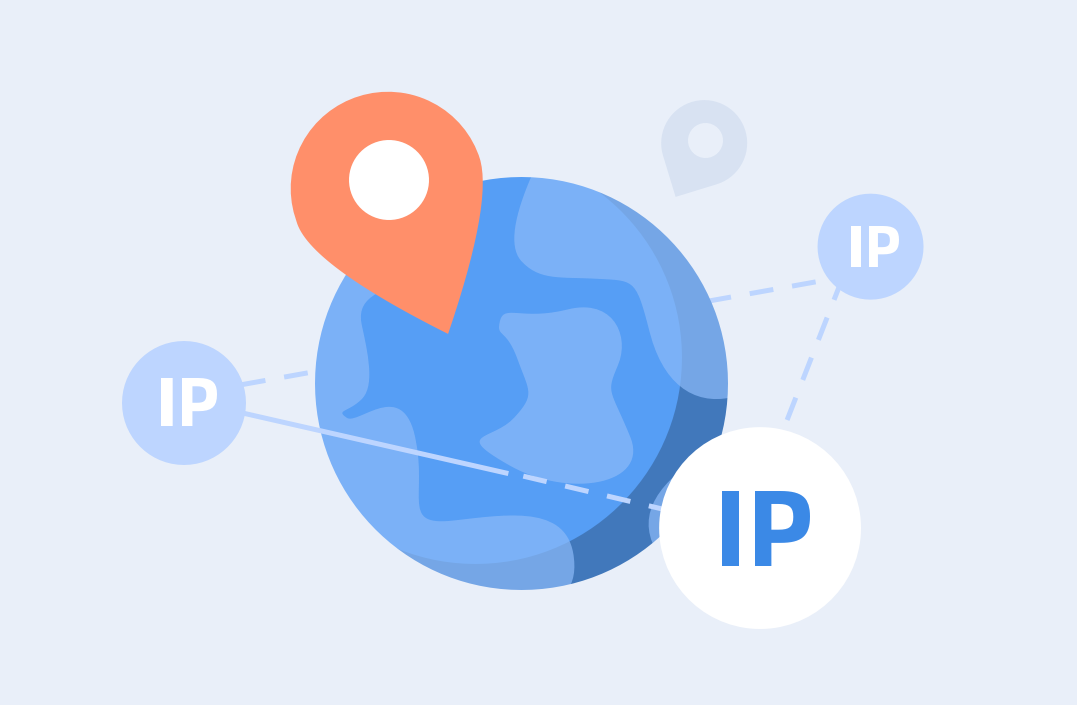IP addresses are classified into five types based on network ids: Class A, Class B, Class C, Class D, and Class E.
1. Class A IP address
In A Class A IP address, the first segment of the IP address is the network number, and the remaining three segments are the numbers of the local computer. In Class A IP addresses, the length of the network ID is 8 bits and the length of the host ID is 24 bits. Class A network addresses are small in number. There are 126 networks, each of which can accommodate more than 16 million hosts.
Class A IP addresses range from 1.0.0.1 to 127.255.255.254.
2. Class B IP addresses
In a Class B IP address, the first two numbers in the four segments of an IP address are network numbers. Class B IP addresses contain 16 bits of network ID and 16 bits of host ID. Class B network addresses are applicable to medium-scale networks with 16,384 networks, each of which can accommodate more than 60,000 computers.
Class B IP addresses range from 128.0.0.1 to 191.255.255.254.
3. Class C IP addresses
In a Class C IP address, the first three numbers are network numbers, and the remaining numbers are local computer numbers. The network ID and host ID of Class C IP addresses are 24 digits and 8 digits respectively. There are more than 2.09 million networks in Class C IP addresses. It is applicable to small-scale LAN networks. Each network can contain a maximum of 254 computers.
Class C IP addresses range from 192.0.1-223.255.255.254.
4. Class D IP addresses
Class D IP addresses were historically called multicast addresses, or multicast addresses. In Ethernet, a multicast address names a set of sites that should be applied to the network to receive a packet. The highest bit of a multicast address must be 1110, ranging from 224.0.0.0 to 239.255.255.255.
5. Class E IP addresses
Class E IP addresses start with 11110. Class E IP addresses are reserved for future and experimental use.
 Username: Password
Username: Password
 Whitelist IP
Whitelist IP
 Proxy Manager
Proxy Manager
 Google Chrome Extension
Google Chrome Extension





























 Dashboard
Dashboard Sign Out
Sign Out





























 USA
USA France
France Brazil
Brazil Vietnam
Vietnam Spain
Spain









